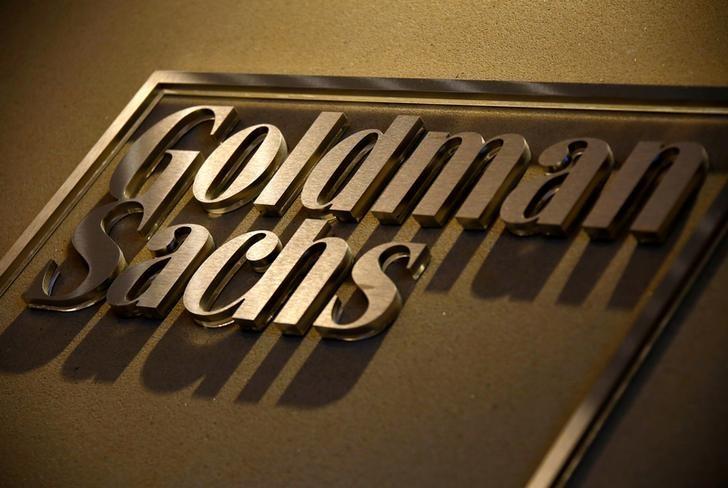Goldman Sachs' profits plunged in the second quarter, edging down a whopping 58 percent to hit $1.2 billion, the lowest quarterly profits in more than three years.
The investment bank was buffeted by a decline in dealmaking and trading, which are its core businesses. On top of it, the Wall Street giant also suffered from nearly $1 billion in impairment charges on consumer and commercial real estate holdings.
Strategy Matters
"This quarter reflects continued strategic execution of our goals ... I remain fully confident that continued execution will enable us to deliver on our through-the-cycle return targets and create significant value for shareholders," CEO David Solomon said.

Goldman's earnings per share came in at $3.08 in the second quarter, against analyst expectations of $3.16 per share. Though peers like Citigroup and Morgan Stanely also reported earnings decline, Goldman is the only one at that level to post the earnings per share estimates.
Aggressive Layoffs
Earlier this year, Goldman Sachs laid off as many as 4,000 people. According to reports at that time, the job cuts would affect about 8 percent of its global staff. The bank had come around to cutting thousands of jobs as revenues have taken a hit following the drying up of deal making in the post-pandemic months.
While Goldman's investment banking revenue declined about 20 percent in the second quarter, trading revenue fell about 12 percent. Goldman Sachs shares were down 1.7 percent in premarket trading.
"They definitely missed the target and that seems to be an outlier relative to virtually all the other major banks," said Randy Frederick, managing director of trading and derivatives at Charles Schwab, according to the Globe and Mail.
Decline in Deal Making
A significant decline in mergers and acquisitions in recent quarters has been hurting investment banks like Goldman. High inflation and the consequent rate increases by the Federal Reserve have increased concerns of a global slowdown, forcing companies to go slow on deal making. As per estimates, global mergers and acquisitions activity has fallen as much 36 percent in the second quarter, compared with the last year.








